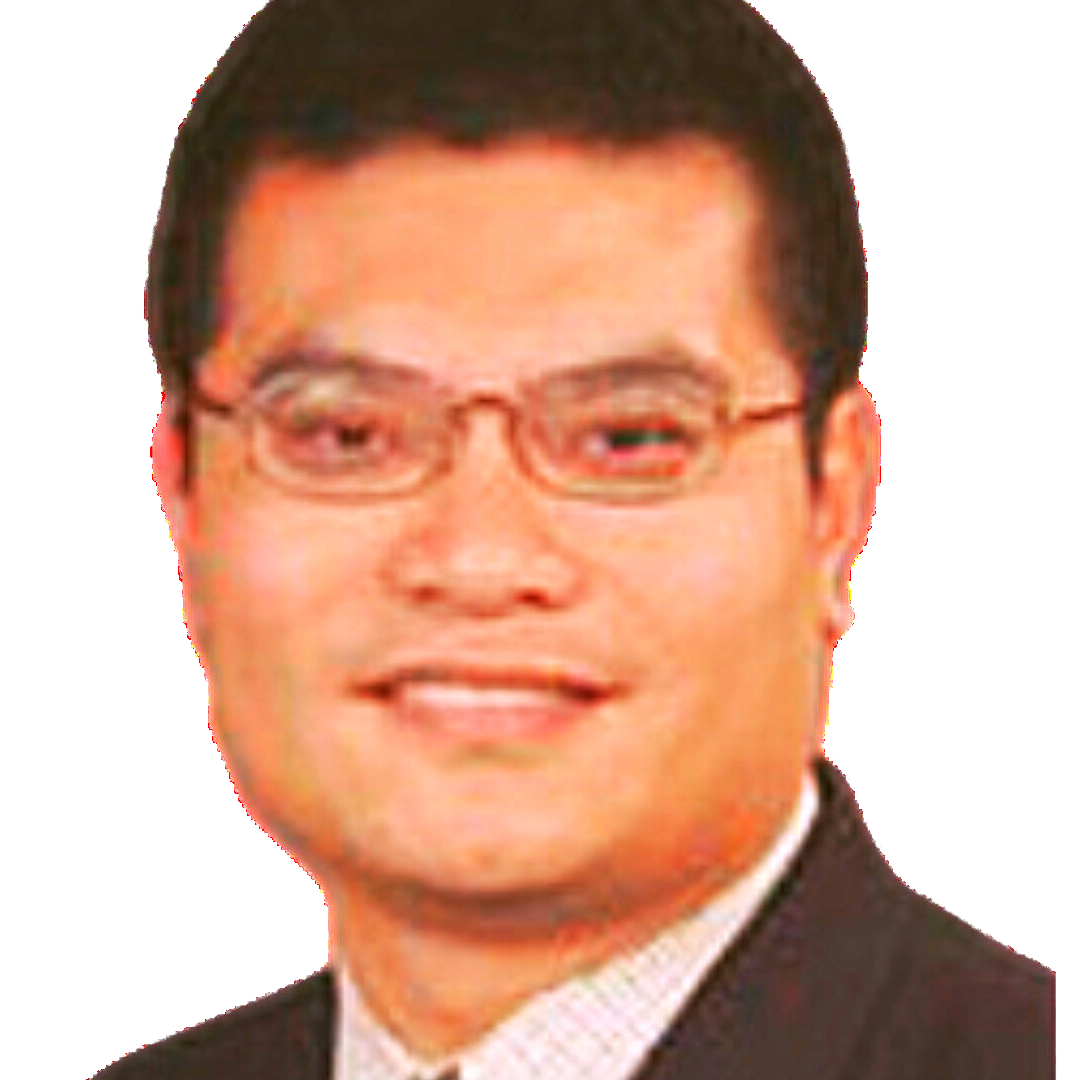Their Story
Dr. Goeffrey Liu trained in medical oncology with a specialization in lung cancer at Dana Farber Cancer Institute (under Bruce Johnson), Massachusetts General Hospital (under Thomas Lynch, Jr.), and the Harvard School of Public Health (under Dr. David Christiani), and now is an Associate Professor of Medicine at Princess Margaret Hospital, Toronto, Canada. A molecular epidemiologist by training, he is active in both early detection and pharmacogenetic epidemiology – looking at the interaction of how inherited genetic differences in patients affect both response and toxicity from therapy.
Grants Awarded
2011 LCFA/IASLC Grant in Translational Lung Cancer Research
Dr. Geoffrey Liu was also chosen to receive the second of LCFA’s initial scientific research grants. In partnership with the International Association for the Study of Lung Cancer (IASLC), the LCFA Lung Cancer Research Grant awarded $39,000 to Dr. Goeffrey Liu for his study of the genetic differences in patients treated with anti-angiogenic agents. Dr Liu’s research endeavored to see if he could identify which patients benefit from this therapy.
About the LCFA-Funded Research
Dr. Liu's Funded Research
Dr. Liu’s proposal outlined work he intended to do in collaboration with Drs. Frances Shepherd and Ming Tsao to study genetic differences in patients treated with anti-angiogenic agents. Dr. Liu says:
“It makes a lot of sense that it is inherited patient variability that governs much of the inter-individual differences in response to blood vessel-targeted therapies, as tumor infiltrating blood vessels are host-derived.”
Over the next five years Dr. Liu hopes to “complete the five ongoing pharmacogenetic analyses of Phase III lung cancer clinical trials, as well as to develop and grow a Toronto pharmacogenetic epidemiology training program.” As a trained pharmacoepidemiologist, his perspective is often different from that of a clinical trialist or clinician, and this can lead to the formulation of interesting, yet relevant, research questions.


